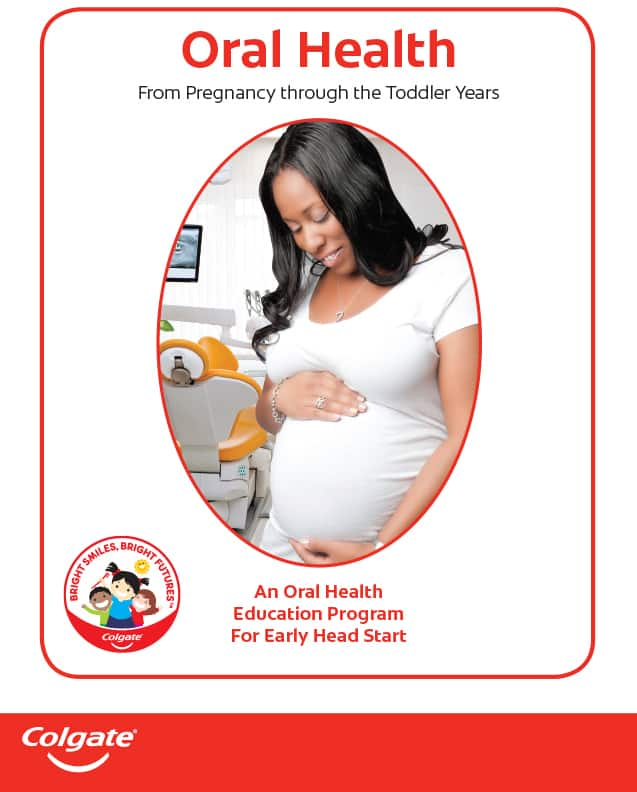-
-

TEETH WHITENING
What Is Stannous Fluoride Toothpaste?Stannous fluoride toothpaste helps prevent cavities, reduce sensitivity, fight plaque, and support daily gum and enamel health.

Selecting Dental Products
Best Toothpaste in India: Five Dentist-Recommended TypesToothpastes today are formulated to meet your every dental need and come in many flavours. Have your dental professional suggest the best toothpaste in India.
-
Science & Innovation
- ORAL HEALTH CHECK
- PRODUCT MATCH
- Colgate® | Toothpaste, Toothbrushes & Oral Care Resources
- Mission
- Oral Health Commitment
- BSBF
- Educational Resources
- Oral Health During Pregnancy and During the Toddler Years

Oral Health From Pregnancy Through The Toddler Years
Educational Resources
For children ages 0-2
-
An Oral Health Education Program For Early Head Start









